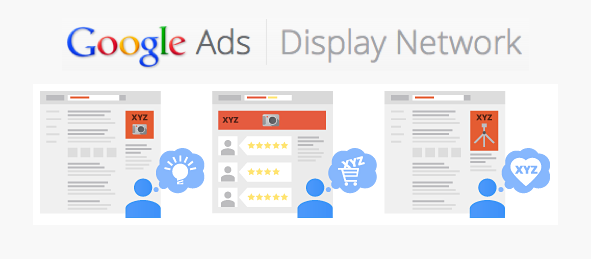According to two independent reports, Google has been buying up its own ads in order to have its own hardware rank higher on searches. While this is not necessarily unethical, it does cast a shadow over Google’s possible manipulation of what is one of the largest display ad networks in the world.
An analysis done by Wall Street Journal and another report from SEMrush showed that the bulk of top ads shown on search engine results pages were for Google’s own products like Pixel smartphones, Google Home (the smart speaker with Google Assistant) and Nest products.
In WSJ’s case, they found that out of 25,000 searches, 91% of the results were for Google’s hardware line. SEMrush has also confirmed this.
What makes this suspicious is not the fact that Google is buying up its own ad space, but the fact that some of the ads “disappeared” after WSJ took the matter up directly with Google’s parent company, Alphabet.
If they did, in fact remove the ads after the ‘exposée’, that reflects poorly on how fair the ad bidding system really is. On the other hand, these ads may have simply been outbid by others when WSJ checked again the second time. We have to give them the benefit of the doubt.
Alphabet responded to WSJ, saying that “the ad’s quality and the price Google is willing to pay” are the two factors that decide how their ads are ranked, but they also added that they take steps to “minimize conflict in the ad-bidding process.”
Obviously, there is some amount of conflict within the bidding process, else Google would not have used the word “minimize.” The question now is, has the company been pushing its own ads through the gaps because of such “conflicts”?
Let’s take an example. What if two ad bidders quote the exact same price for the exact same search term, and both are equally large companies? Who gets the top search ad spot? Obviously, the company will never share its algorithms with anyone on the planet even at gunpoint, so what’s really going on?
We’re not saying Alphabet is guilty of unethical practices, but it is definitely true that there is zero visibility into the way ads are finally selected for the top spot, and there is every opportunity for Google to “tweak the system” to its own advantage as the owner of the system.
But if it were true, then WSJ and SEMrush have just exposed a super-sized can of worms. Facebook is already facing the heat from clients for mismanaging its reported numbers around video content. Could this escalate into another Facebook-type situation?
Thanks for reading our work! Please bookmark 1redDrop.com to keep tabs on the hottest, most happening tech and business news from around the world. On Apple News, please favorite the 1redDrop channel to get us in your news feed.



